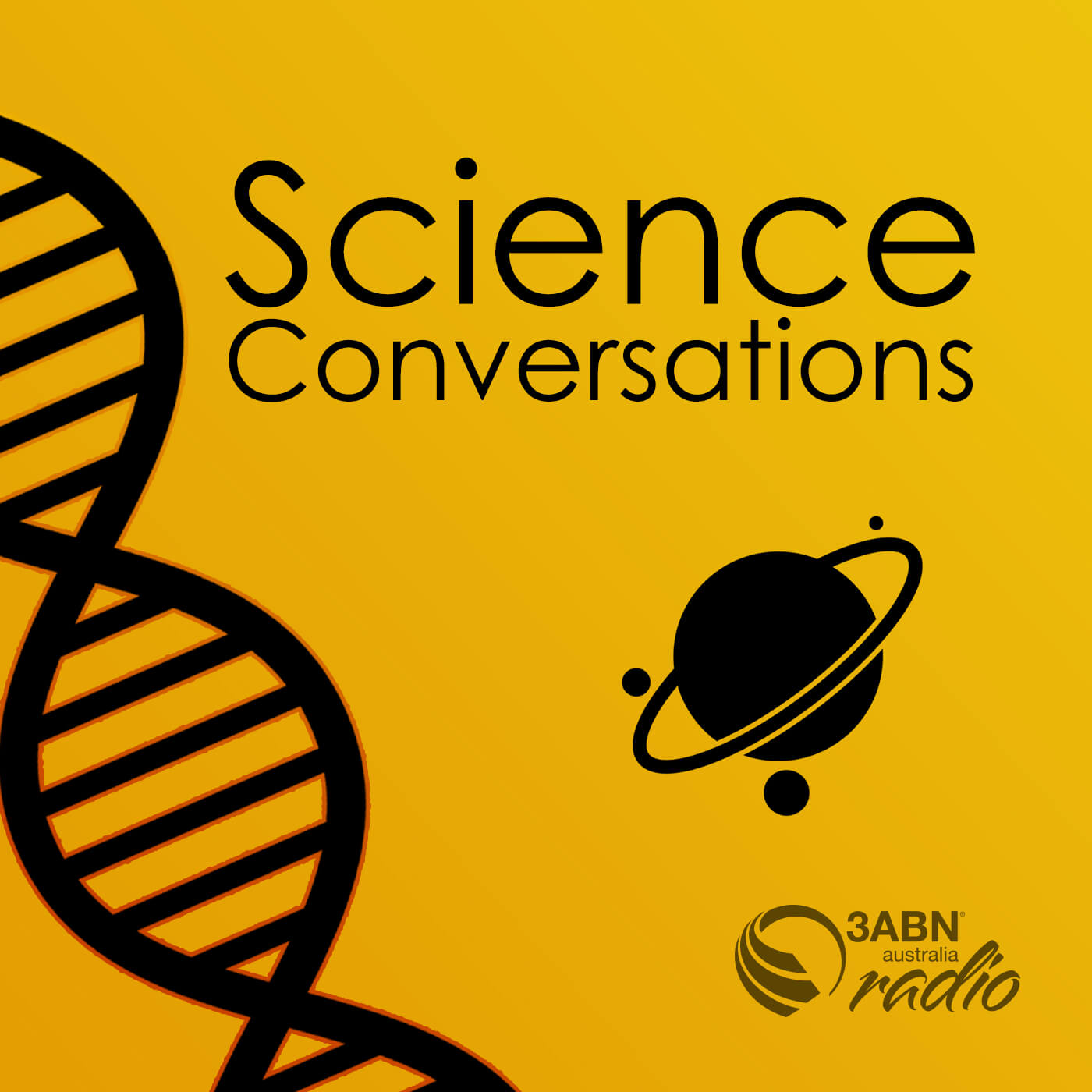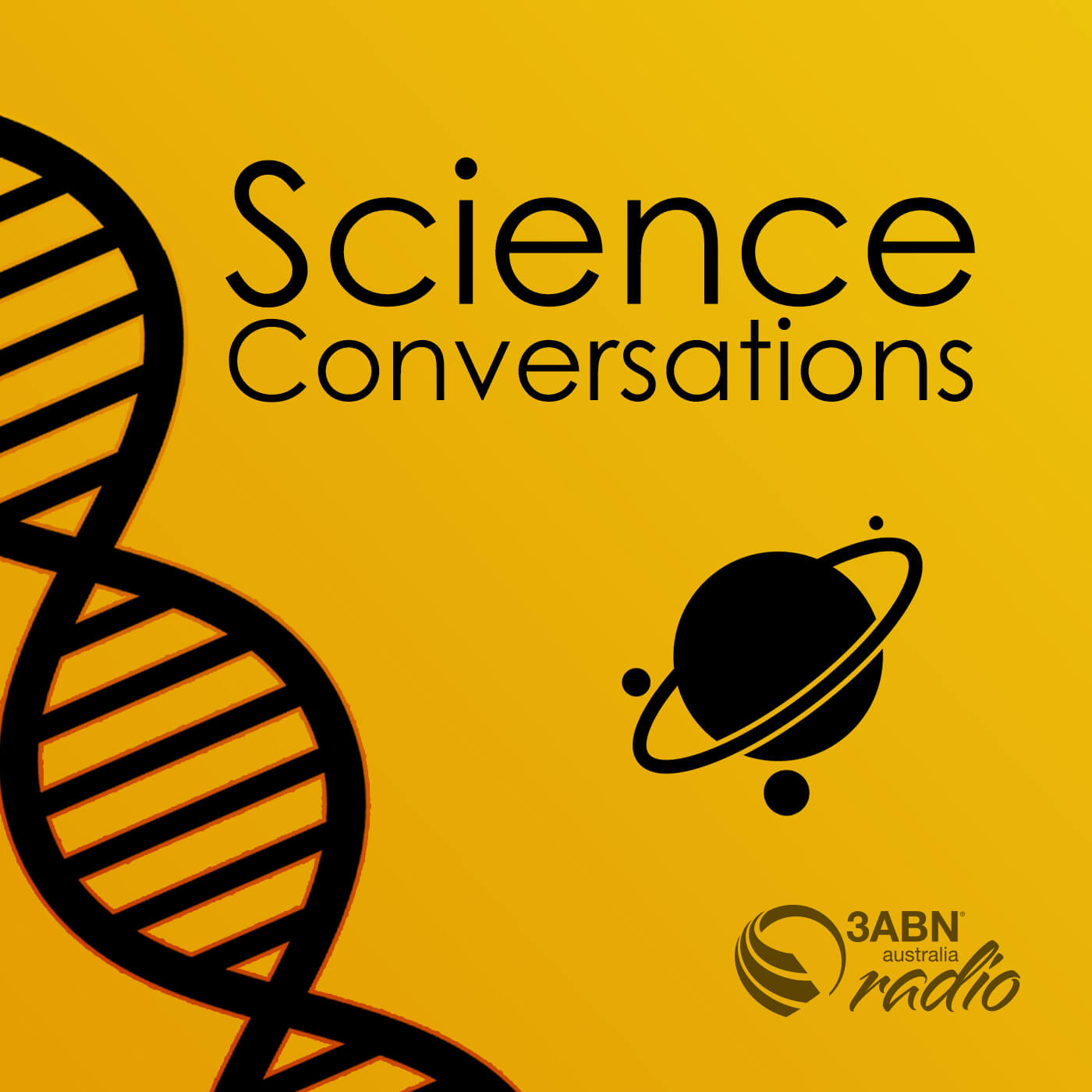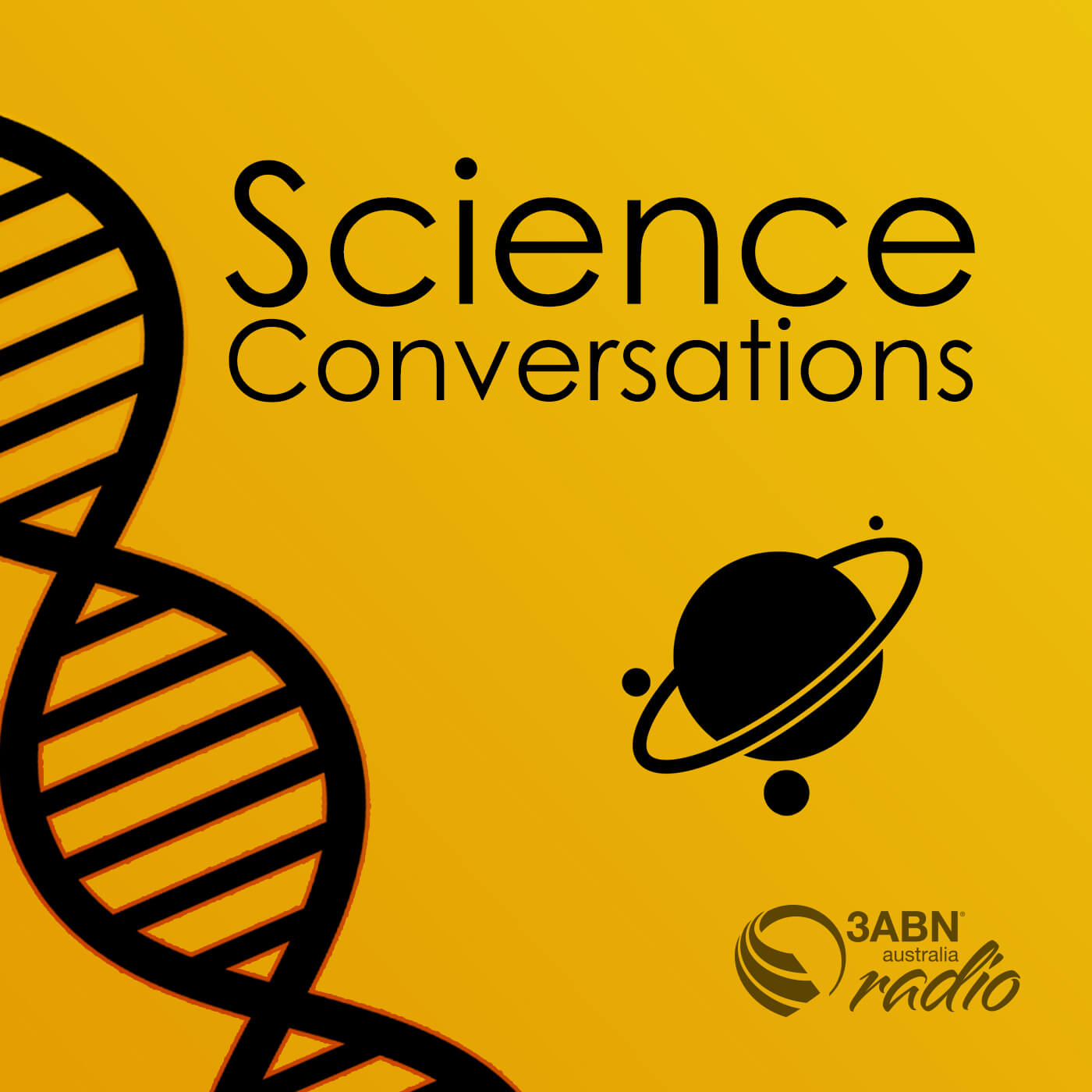Episode Transcript
Speaker A
Welcome to Science Conversations. I am Kaysie Vokurka. This is part two, Examining the question, isn't evolution a fact? We've been referring to the book Evolution 12 Reasons why Evolution Cannot Explain the Origin of Life on Earth. This is written by Dr. John Ashton, who is with me in the studio. Welcome to the programme. Dr. John hello there, Kaysie. So we've been talking about this question of evolution being a fact, and there's preeminent scientists such as Harvard palaeontologist Stephen Jay Gould and the Oxford University professor Richard Dawkins, who have said plainly that they assert that evolution is an inescapable fact. And I'm just wondering how you would respond to this in terms of the evidence that we have out there.
Speaker B
There are certainly leading scientists that are main proponents of the theory of evolution. But it was interesting a few back probably 2007, something like that. The Rutgers University philosopher Dr. Jerry Foder published an article called why Pigs don't have Wings Now. It was very interesting. It couldn't get published in a scientific journal, so he had it published in a literary journal, I think was London reviewer books or something like that. And essentially he provided some very, very strong arguments as to why Darwinian type evolution or natural selection cannot be an effective basis for species evolution. And because he raised such powerful arguments, this actually generated quite a lot of concern among the evolution proponents. And there was actually a meeting called. It occurred in July 2008 when 16 of the world's leading evolution proponents met at a castle in Altenburg, Austria, to discuss the serious threats to their science. So this is sort of like a political setting, right? What can we do to stop this, to stop this sort of information getting out? It's quite intriguing. Conference was covered by a journalist, Susan Mazur, and she published quite a few of the interviews afterwards and they're quite revealing and it's interesting, Dr. Jerry Foder was quoted afterwards as saying, basically, I don't think anybody knows how evolution works. And so what we can see here is that these scientists have had such a grip on our education system and the peer review system, which just reinforces, you know, publications to follow along the evolutionary lines and make it very difficult for scientists who want to publish evidence to the contrary to get published. This peer review system is actually propagating so much of this misinformation, in my view. It's actually quite a serious situation. And it's interesting that after that, Richard Dawkins, Dawkins, it seemed, was impressed to write the book Evolution the Greatest Show On Earth. And that book came out a couple of years after the conference. And again, here we find Richard Dawkins claiming that we have all this evidence that evolution is a fact. Now, I actually went through the book and looked through it for where was an example of evolution, where was an example that could show. And there was only one case that I see that he discussed. And this was some research that came out of the University of Michigan and essentially involved breeding E. Coli bacteria. And they claimed that there was a change. Some of the E. Coli could now use citrus as a food, whereas the E. Coli they'd chosen couldn't previously. But then it came out that in actual fact, all E. Coli can use citrate as a food, but they just need a particular transport molecule to be able to utilise it. And in some, they had chosen species in which the activation gene for the transport molecule was dormant and a mutation occurred where a gene that switches on another gene happened to be transferred, so it switched on this existing information that now enabled the bacteria to use citrate. The important point here is, and this is where some of the areas of evolution become very technical, is that the information was already there, new information wasn't created. But a lot of it can be dormant and switched on. And this can be confused with evolution creating new information. It's not really new information, it's just that it was there. A mutation had occurred that switched it off, another mutation occurs that now switches it on. These are very minor changes and nothing like the code required to produce new body parts. Now, it's very interesting that this opposition to evolution still made it very difficult for people to publish information against it. So Dr. Foder and another colleague, Dr. Massimo Piatelli Palomarini, who was professor of Cognitive science at the University of Arizona, they got together and they put out a book called what Darwin Got Wrong. And so this information has been getting out there. Hang on. Evolution really isn't a scientific proven fact. A lot of they want it to be a fact. And I think one of the main reasons they want it to be a fact is because if evolution isn't a fact, the only other rational explanation is a creator God, that we were created. And they don't want to go down that path. They don't want to admit that there must have been a creator, even though the evidence overwhelmingly points to that. They want to say, no, evolution is a scientific fact, no naturalism, just natural, random scientific processes or random laws can create living organisms. But we now know that that's absolutely impossible on the basis of our biochemistry and that's the sort of thing that Jerry Foder and his co author were pointing out and other folk as well have pointed out as well in different books. Books have come out like Darwin, Stout, these sort of things. Yeah. Signature in the Cell by st. These books have come out that clearly show that evolution is absolutely impossible. We've got major problems and of course.
Speaker A
As you mentioned before about the complexity of biological systems. Even if natural selection, somehow you could get an injection of new genetic information, I think it's irreducible complexity of biological systems makes even the development further downstream in the evolutionary process very, very diffic, doesn't it?
Speaker B
That's right. And mathematicians have shown this. Matter of fact, back in as far along ago as 1960s there was a conference held at the Y Star Institute, which is a highly regarded biomedical science research institute in Philadelphia. And what happened was in the mid-1960s a number of mathematicians challenged the plausibility of evolution from a probability basis. And they showed that it was absolutely impossible from a probability perspective for evolution to occur and generate the new body parts, the new codes required for new body parts. So that was back in 1960. Now of course, biologists were not very happy with that. They sort of insisted that mathematicians didn't understand evolution. But again, they could not provide any quantitative answers to these challenges. And these challenges still remain today. There's a very good chapter in my book in six Days by a biochemist who looks at the mathematical probabilities. It's a chapter by John Marcus, again with a PhD from the University of Michigan. And he clearly points out, he sets out the mathematical calculations that clearly show that from a probability theory it's evolution is absolutely impossible. It's absolutely impossible for the genetic codes required to produce new species to form by random chemical reactions. And again, as I said, these mathematicians showed that as well back in 1960. It's just been ignored because again, the theory of evolution is a political fact, it's not a scientific fact.
Speaker A
It seems like that for sure because the whole scientific method of developing from a hypothesis to a theory to a fact, it demands a lot of evidence that's conclusively pointing in that direction, not necessarily raising all sorts of other questions that would seem like, oh, we need to adjust the theory here. It's not quite working for the evidence. Right. That's the whole scientific model. And to have so much of it being challenged from an evidence point of view, it really does raise the question of why is this still being driven forward so strongly. It must be some other motivations that are holding it up other than just the evidence.
Speaker B
And I think, yes, that is very, very clear. The scientists that continue to push this evolution within our science curriculum, they don't want to have God involved. But that's the only answer that we have at the moment. Realistically, on the basis of the evidence when we do, the scientific evidence, when we look at the biochemistry. And I think many commentators have observed that if Darwin's theory was put forward now, it would just be written off straight away because we now have so much information about biochemical systems, about the complexity of the biological machines, the little micro machines that are made up of hundreds of thousands of molecules, and the complexity of the systems. It's absolutely amazing. And I mean, it should become obvious to people when you look at just some of the standard textbooks, just on blood biochemistry alone, and they'll be six or seven hundred pages just dealing with the amazing cascades and biological cascades that occur within living systems, that again, the codes for these are so complex, they're so interdependent. For them to arrive by random chance and organisms to survive without them raises just so many questions. And the sad thing is, you've already mentioned that despite the mathematical evidence coming up, despite leading philosophers and cognitive scientists and understand what comprehension means, what we're saying is we've got all this evidence, these people are refusing or cannot comprehend the significance of the data that we have that shows that evolution is absolutely impossible.
Speaker A
Yeah. Oh, such interesting things to talk about and flesh this out. We're going to continue this conversation and next time we'll continue talking about isn't evolution of fact, so be sure to join us for that.


